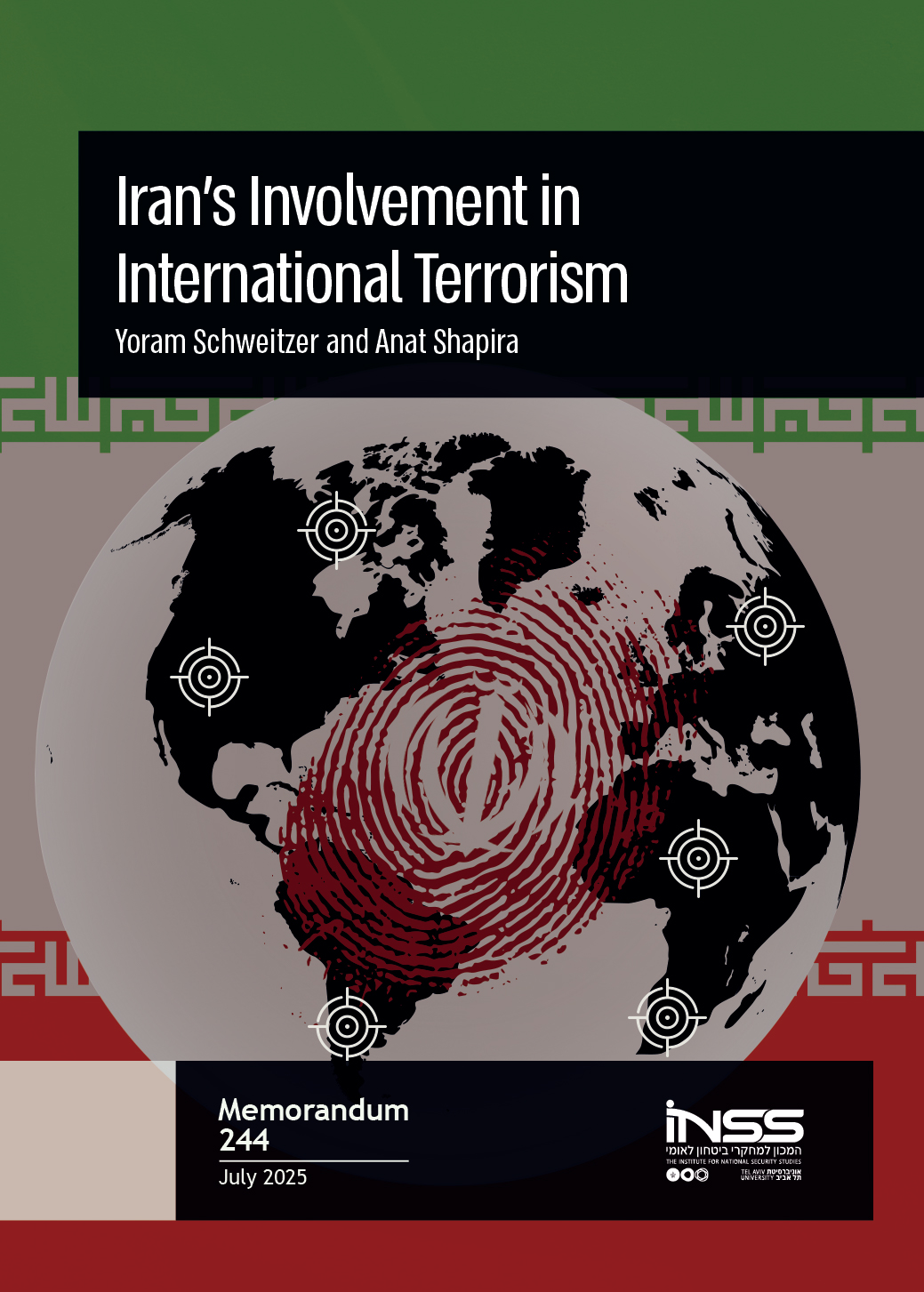The Second “Imposed War”: The Israel–Iran War and Its Implications for Iran’s National Security
The 12-day war between Iran and Israel in June 2025 marked the sharpest escalation to date in the ongoing confrontation between the two states. Despite its relatively short duration, the war had a destabilizing effect on the Islamic Republic due to the success of Israel’s opening strike, the decision of the United States to join the campaign, and the damage sustained by Iran’s critical strategic systems—notably its nuclear program and long-range missile arsenal. Since the end of the war, Iran has engaged in an ongoing process of drawing lessons from the serious gaps revealed in the Islamic Republic’s deterrence and defense capabilities.
The Iranian leadership is certainly aware of the need for improvements and adjustments to its national security doctrine; yet for now, this does not appear sufficient to produce a fundamental shift in Iranian strategy. It seems that Iran prefers to make adjustments within the existing framework by finding acceptable solutions to the gaps exposed rather than introducing major changes to its overall strategy. In any event, the new reality in Iran created by the war is characterized by instability, and it is doubtful whether the current status quo can endure for long. This is exacerbated by the growing possibility of a miscalculation between Iran and Israel that would lead to renewed clashes, or high-risk decisions by Iran on both the nuclear issue and on the regional front.
This memorandum seeks to examine the lessons that Iran is drawing from the war and its implications in four main areas: the nuclear program, strategic military systems, the regional arena, and the domestic arena—and to assess how the war has influenced Iran’s national security concept. In addition, it includes a set of policy recommendations intended to block, or at least delay, Iran’s efforts to rebuild its strategic capabilities, foremost among them the nuclear program, and the pro-Iranian axis in the region, and to reduce as much as possible the risk of renewed fighting.
20/12/25
Aircraft Under the Radar: Mechanisms of Evading Sanctions in Iran’s Aviation Sector
Despite being subjected to one of the harshest sanctions regimes in the world, Iran has succeeded in building a sophisticated, law-evading mechanism to support its aviation industry, which reflects the broader principles of the shadow economy it has developed. This article maps the operational architecture of that mechanism, based on using front and shell companies in countries with little transparency, layered ownership registries, bursts of activity designed to complete transfers within short timeframes, and flight-path planning that includes fictitious emergency landings to allow aircraft to quietly enter Iran. The article describes how Iran’s aviation sector—significantly harmed by sanctions—has shifted from a civilian transportation tool to a core component of the regime’s economic and security strategy, enabling it to continue functioning, finance its regional proxies, and project resilience in the face of international pressure. The aviation industry represents only one link in a much larger apparatus designed to evade sanctions in the trade of oil, gold, and dual-use technologies; yet the aviation sector clearly demonstrates the method: a sophisticated integration of state, market, and underground networks that operate in regulatory gray zones and disrupt efforts to globally enforce the sanctions.
17/12/25 Iranian Supreme Leader'S Office via ZUMA Press Wire
The Deadlock Surrounding Iran’s Nuclear Program
The solution to the crisis surrounding the Iranian nuclear program is nowhere in sight, and the ticking clock is forcing Tehran to make fateful decisions
09/12/25 



